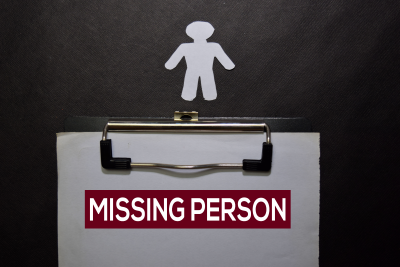2 min read
Arizona Supreme Court’s Decision on Appeal Rights for Absent Defendant
Joe Whitcomb
:
August 07, 2024

The Arizona Supreme Court addressed critical issues regarding a defendant's constitutional rights and the impact of absence on the right to appeal. This ruling has important implications for how courts handle cases involving a defendant’s absence, ensuring that procedural safeguards are upheld.
The case involved Phillip Matthew Johnson, who was convicted in absentia after fleeing during his trial. Johnson’s absence raised questions about whether his right to appeal was affected. The trial court had not informed Johnson of his opportunity to prove that his absence was involuntary, which is essential for maintaining constitutional rights during legal proceedings.
Key Issues Addressed
The central issue was whether Johnson’s absence led to an implicit waiver of his right to appeal. The court examined whether the trial court had provided sufficient notice and opportunity for Johnson to contest the waiver by demonstrating that his absence was involuntary.
The procedural safeguards outlined in Arizona Revised Statutes (A.R.S.) § 13-4033(C) state that a defendant cannot lose their right to appeal due to absence without first receiving notice. Additionally, any waiver must be made knowingly and voluntarily, and the defendant should have the opportunity to demonstrate that their absence was involuntary. This emphasizes the significance of upholding constitutional rights by ensuring that a defendant's absence does not result in an automatic forfeiture of appeal rights without the necessary procedural safeguards.
Court’s Findings
The Arizona Supreme Court concluded that the trial court had failed to adequately inform Johnson of his right to contest the waiver of his appeal. This failure meant that Johnson was not given a fair opportunity to prove that his absence was involuntary, impacting his constitutional right to appeal. The court must explicitly provide a defendant with the chance to demonstrate that their absence was involuntary. Without this procedural safeguard, the waiver of appeal rights could not be considered valid.
The court decided to remand the case to the trial court. This remand allows Johnson the opportunity to present evidence that his absence was involuntary and to ensure that his appeal rights are preserved according to constitutional standards. The court also addressed additional issues, such as the reliance on previous cases and the constitutionality of the statute involved. It was determined that § 13-4033(C) does not conflict with other procedural rules and that the trial court’s failure to make an express finding about Johnson’s waiver was not consistent with established legal principles.
Conclusion
The decision from the Arizona Supreme Court reinforces the importance of constitutional protections in the judicial process, particularly regarding a defendant’s right to appeal. By ensuring that defendants are properly informed and given a chance to contest any waiver of their appeal rights, the court upholds fundamental constitutional principles and reinforces the integrity of the legal system. For legal professionals and defendants alike, this case serves as a crucial reminder of the procedural safeguards necessary to protect constitutional rights and ensure fair treatment within the justice system.


